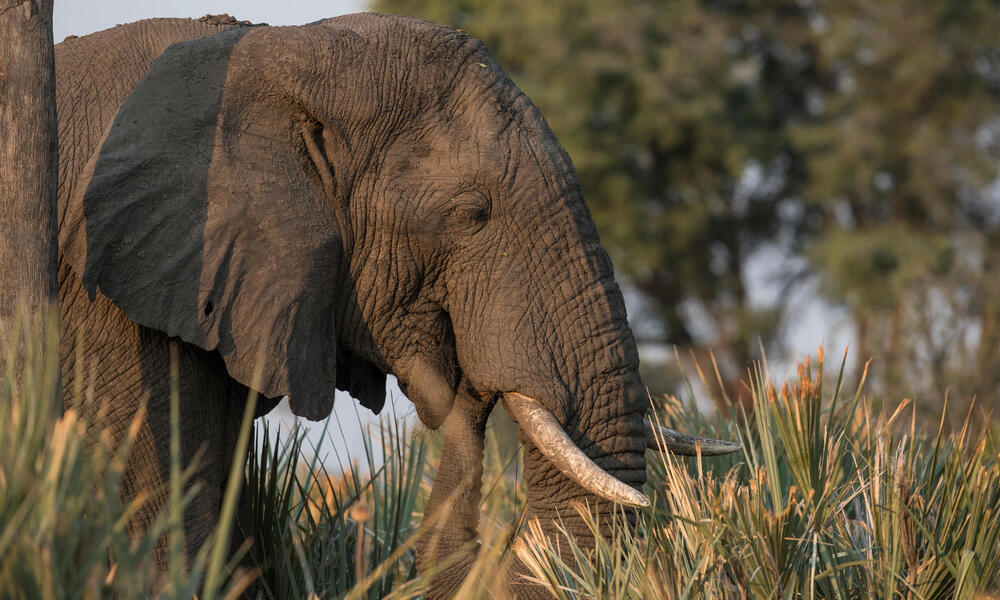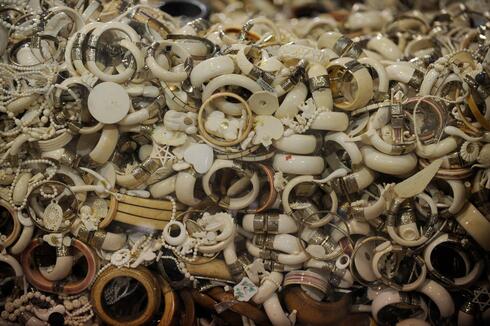Chinese outbound travel is projected to grow to 200 million trips a year by 2020. If we want to achieve the ultimate goal of the ban — saving Africa’s last remaining elephants — we must curb consumers’ purchasing of ivory outside of China.
That’s why WWF is working to remind travelers about the legal risks and environmental consequences of buying ivory, reach them with messages that resonate with their values, and make ivory socially unacceptable. Groups as diverse as the World Travel & Tourism Council, China Customs, and the Tourism Authority of Thailand is taking part in our Travel Ivory Free campaign. And online influencers, bloggers, and celebrities are joining in to ask people to travel ivory free.
The effort relies on a collaborative and immersive strategy that touches Chinese travelers at every point along their travels, from the time they’re researching trips online to when they’re walking around known ivory markets in Southeast Asia. We’re leveraging behavior change and social science research, including the deepest research ever assembled on ivory consumers. And we’re using some of the tools that commercial brands have perfected to influence consumers, like precision marketing through social media. For example, just about anyone with a Chinese smartphone visiting Thailand or Vietnam during Lunar New Year or Golden Week in October—the two biggest travel periods in China—receive messages from WWF to avoid elephant ivory and seek alternative souvenirs. Airlines flying from China to these countries are making in-flight announcements urging passengers to travel ivory-free. This is how you change consumer behavior. By combining the best available insights into elephant ivory consumers, highly targeted digital outreach and collaboration between the conservation and corporate sectors, we hope to fulfill the true promise of China’s ban.
We know it’s possible to create a sea change in public perception and change social norms because it’s been done before. Consider the decline in drunk driving that occurred in the U.S. in the 1980s and early 1990s: research indicates that the change in public attitudes during this time — driven in part by groups like Mothers Against Drunk Driving (MADD) — played a greater role than stricter laws.
MADD’s campaigns succeeded because they focused on not just stopping drunken driving but making it broadly socially unacceptable as well. WWF’s recent ivory survey provides the global conservation community with key insights that are empowering us to do the same with ivory purchasing.
The stakes are high. If we succeed in altering public perception around ivory, we help save the African elephant and take a big step toward ultimately ending the broader illegal wildlife trade valued at $19 billion every year. Make no mistake, China’s ivory ban is a victory for elephants. When we succeed in changing hearts and minds, we’ll win the war.

